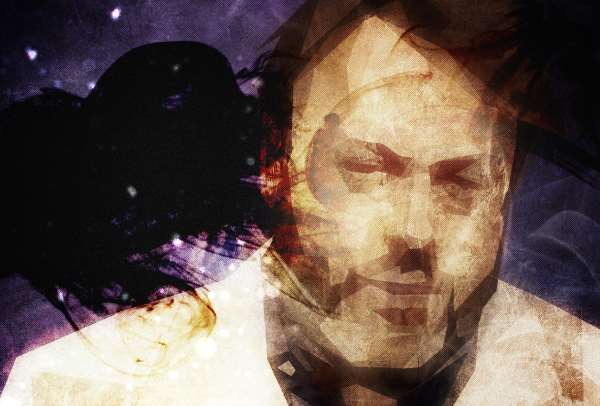Christopher Hitchens died four years ago today.
Of course, he went far too early. We need “contrarian” intellectuals like him more than ever, to put into words what we would call the enlightened position on the Issue, because there really is only one Issue left. Call it the refugee crisis, call it climate change, call it the economic downturn, call it the terrorist threat.
Hitchens’ autobiography reads like the rich memoirs of one of the great minds whose lives roughly spanned the twentieth century. And Hitch should have been a centenarian. He should have lived until 2040, that would have been a good year to die, resembling a room number in a hotel somewhere in Nicaragua, Kosovo, Haiti, Pakistan, or one of the many other places where Christopher experienced history first-hand.
I only read his autobiography Hitch-22 recently and have yet to devour is other prose, his Letters to a Young Contrarian, his naughtily titled “Missionary position” on Mother Teresa, and his one-word-too-long title “God is Not Great”. I haven’t come across to such a fine public speaker. Perhaps it’s because I have a weak spot for the Oxbridge accent (which I associate with sovereignty and oddly enough sometimes find myself imitating when yelling in anger at a foreign taxi driver over small change), or I find his composure intimidating, or he appears to be extremely well-informed about what he discusses. Whatever the reason, Christopher’s style of writing and speaking strikes me as a personal invitation to friendship (another reason I’m sad that the man died away four years ago), something he has in common with that other great atheist, Friedrich Nietzsche. True friendship, according to Nietzsche, and Hitchens would certainly agree, aims at the pursuit of truth. This is the case in Nietzsche’s friendship with Paul Rée or Peter Gast as with Hitchens’ friendship with Martin Amis or James Fenton.
God is dead and atheists want to keep him dead. The idea of friendship is perhaps our way to understand a good life of everlasting truth-seeking without the suffocating authority of a demanding deity.
I have chosen this excellent interview with his friend Salman Rushdie, given on the day he found out about his cancer. His composure is admirable, as is his sense of humor and his ability to improvise on stage sentences that would look good on paper. I also picked this gentleman’s conversation because Hitch still looked healthy. Seeing him inter pares with that other giant Rushdie is a feast for the mind.
https://www.youtube.com/watch?v=dixzsvZIesc
